Description
“What really matters for success, character, happiness and life long achievements is a definite set of emotional skills – your EQ – not just purely cognitive abilities that are measured by conventional IQ tests.” – Daniel Goleman, Ph.D.
Since the birth of the concept in a 1985 thesis by Wayne Leon Payne, researchers have been working to discover what factors play a part in emotional intelligence. Many conceptions of emotional intelligence are divided into two main parts; aspects related to understanding and dealing with one’s own emotions, and those related to understanding the emotions of others and handling social interactions. For many prominent EIQ researchers, including most notably Goleman and Reuven Bar-on, the construct also includes broader traits such as motivation, interpersonal and other personal attributes (this is often called a mixed model). For others, including Peter Salovey and John Meyer and their colleagues, the latest models of EIQ are strictly related to the test-taker’s abilities in this area (often called an ability model). Like the classical notion of intelligence, they feel that emotional intelligence is a cognitive ability that can be accurately and concretely defined and measured.
Three main options exist in terms of how to assess EIQ:
- Assess the related skills as you would traditional intelligence, with questions where the goal is to select the best answer. This method works best with the ability model of emotional intelligence.
- Evaluate these skills through self-report, where the test-takers answer according to what they most likely would do in a variety of situations. This works best with the mixed model of emotional intelligence.
- Create an assessment that combines these two techniques, and therefore utilizes both the ability model and the mixed model of EIQ, while helping to overcome potential problems of both.
It appears that the mixed models and the ability methods of evaluating EIQ do not assess exactly the same thing. In fact, Mayer and Salovey themselves found that their assessment shares only 10% of the variance with Bar-on’s self-report measure of emotional intelligence (Mayer, Caruso, Salovey, 2000). This means that while they may be somewhat related, there is not enough overlap to justify using only one or the other. Since self-report and ability measures can be seen as distinct elements, our assessment will include both forms but report scores for both separately. Both types of measures have been shown to have predictive value in different areas in a large number of studies, so using both can create a measure that is effective in measuring success in a variety of areas.
Purpose: An emotionally intelligent employee and / or manager can be an asset in any company and field. MEIQ – R10 will assess five key competencies.
Vitals
No. of questions: 228
Question type: Situational, self-report, skill-testing, image-based
Estimated completion time: 85 minutes
Shorter versions of assessment: N/A
Recommended age level: 18+
Qualification Level: Class A
Compliance: APA standards; EEOC standards (gender, age, ethnicity, disability)
Validation Information:
● Sample Size: 12,259
● Cronbach’s Alpha: 0.97
Features
Benchmarks: Available (general population, 25 industries, gender, age, ethnicity)
Group Comparisons: Available
Report Includes:
● Summary
● Introduction
● Graphs
● Detailed narrative interpretation
● Strengths vs Limitations
● Tailored advice
● Impression Management
Factors and Scales:
Overall Score plus 5 factors, divided into 31 scales:
● Emotional Competencies: Traits and skills that are essential to dealing with one’s own as
well as other people’s emotions.
● Social Competencies: and skills that are essential to human interaction.
● Drive: Traits and and skills that are essential to goal achievement and success
● Stress Management: Traits and skills that are essential to regulating and channeling stress
in a healthy and productive manner.
● Self-Regard: Traits and skills that contribute to a healthy view of self.

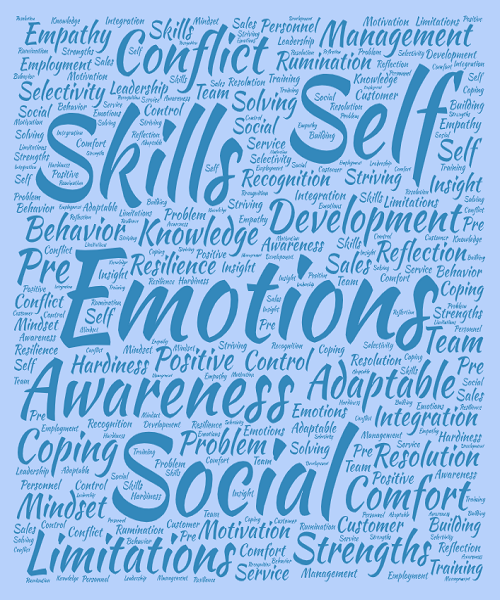
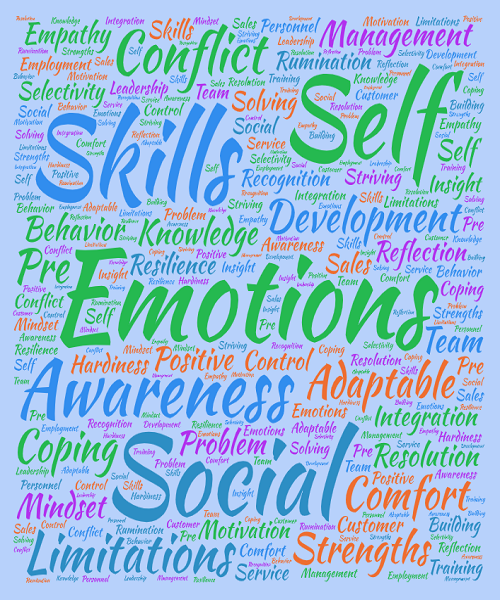
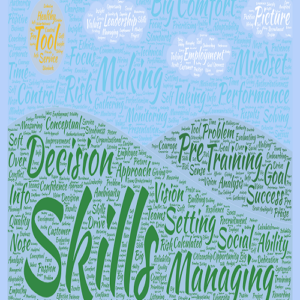
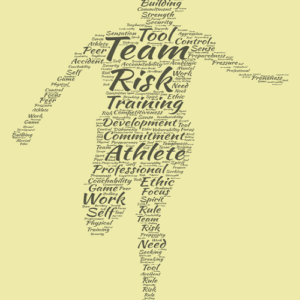
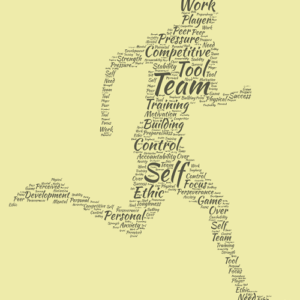
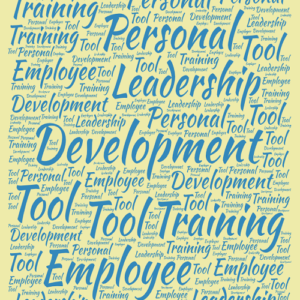
Reviews
There are no reviews yet.